The Úbeda and Baeza Early Music Festival ( FeMAUB ) is an early classical music festival , held every year in Úbeda and Baeza. This year it is from the 18th May to 25th June 2023
By Nick Nutter | Updated 14 May 2023 | Jaén | Events |
Login to add to YOUR Favourites or Read Later
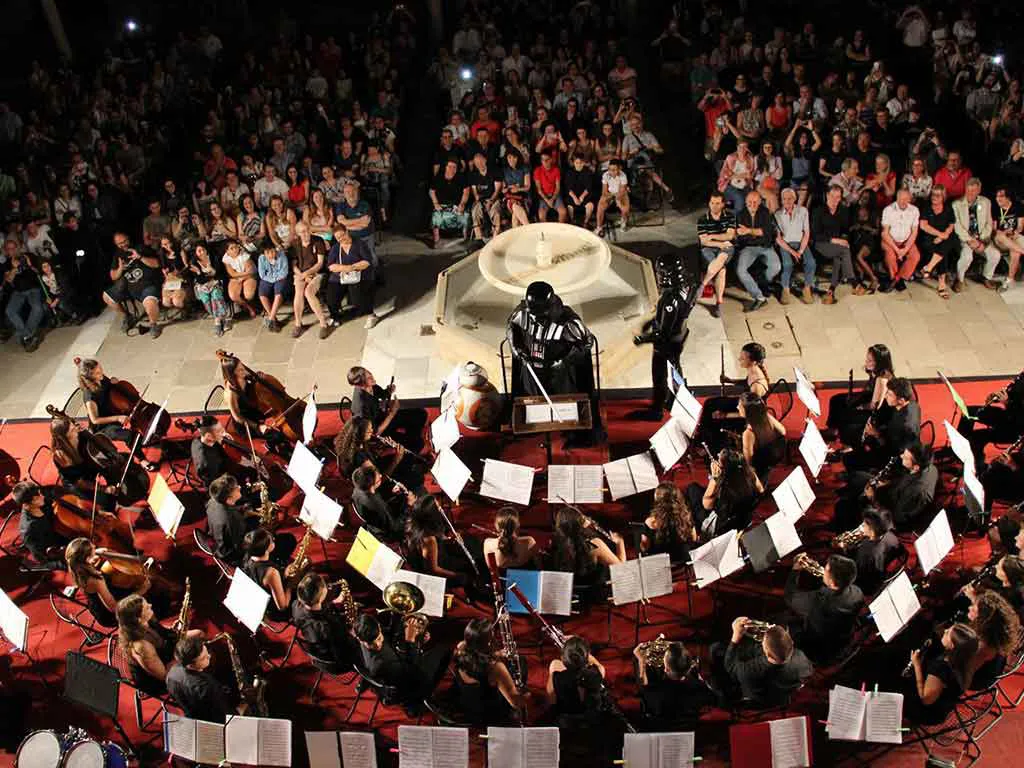
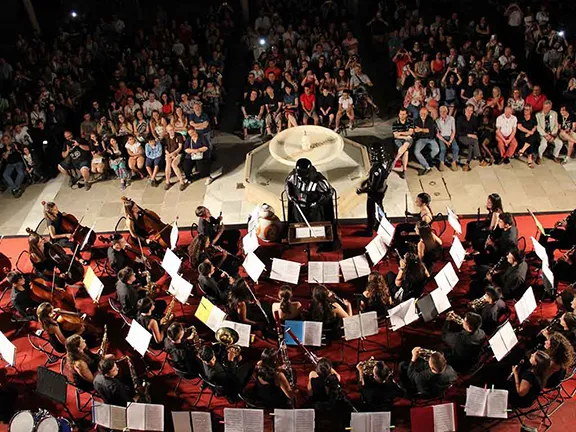
The Úbeda and Baeza Early Music Festival ( FeMAUB ) is an early classical music festival , that was held every year in the months of November and December in Úbeda and Baeza . The Festival belongs to the Spanish Association of Classical Music Festivals (FestClásica) and is integrated into the European Network of Early Music (REMA). In addition, it has been awarded the Prize for the Best Cultural Institution of Andalusia 2005, with the EFFE Label as Remarkable Festival in 2017-2018 and 2019-2020, and with the GEMA Prize for Best Festival 2020, awarded by the Association of Spanish Early Music Groups. In 2021, the festival moved its dates to late April early May and in 2022 to Late May and June.
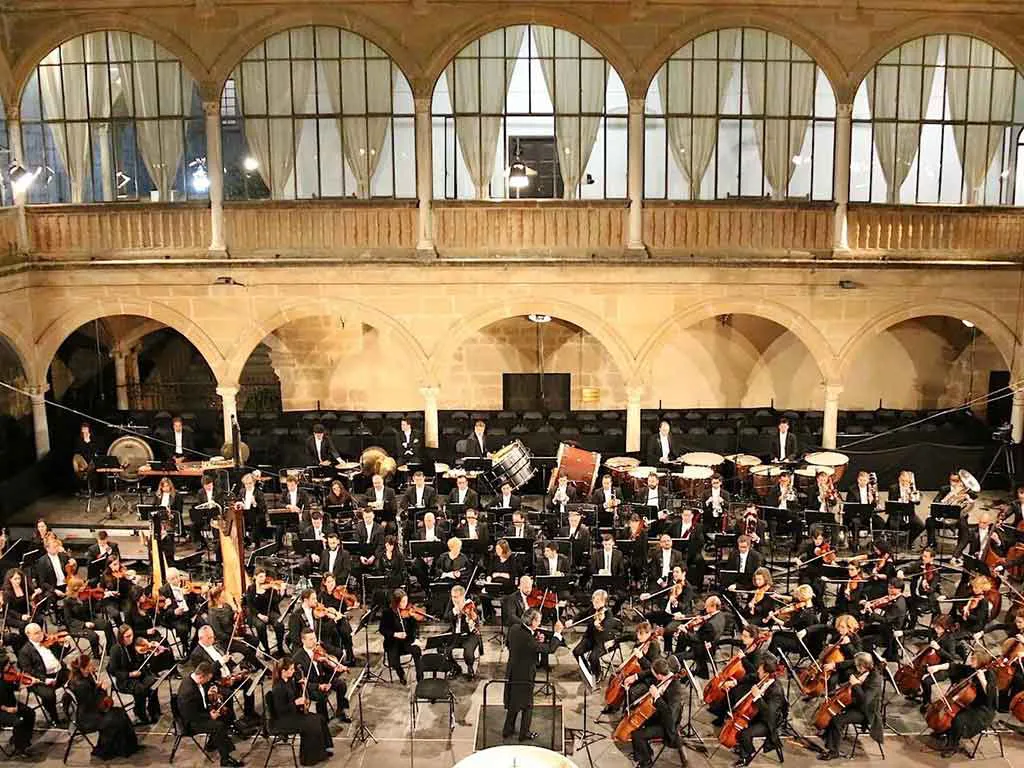
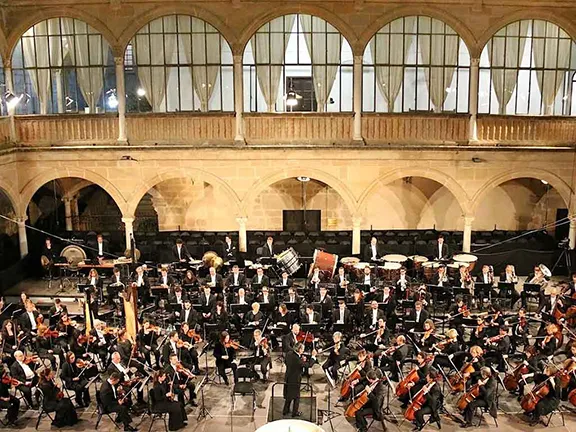
The Early Music Festival of Úbeda & Baeza (Festival de Música Antigua de Úbeda y Baeza, FeMAUB) was established in 1997 to act as a showcase for the artistic and cultural attractions of the two towns, both of which were jointly declared UNESCO World Heritage sites in 2003. The history of the festival is linked to the urban landscape of Úbeda and Baeza and to the numerous Renaissance spaces which serve as auditoriums.
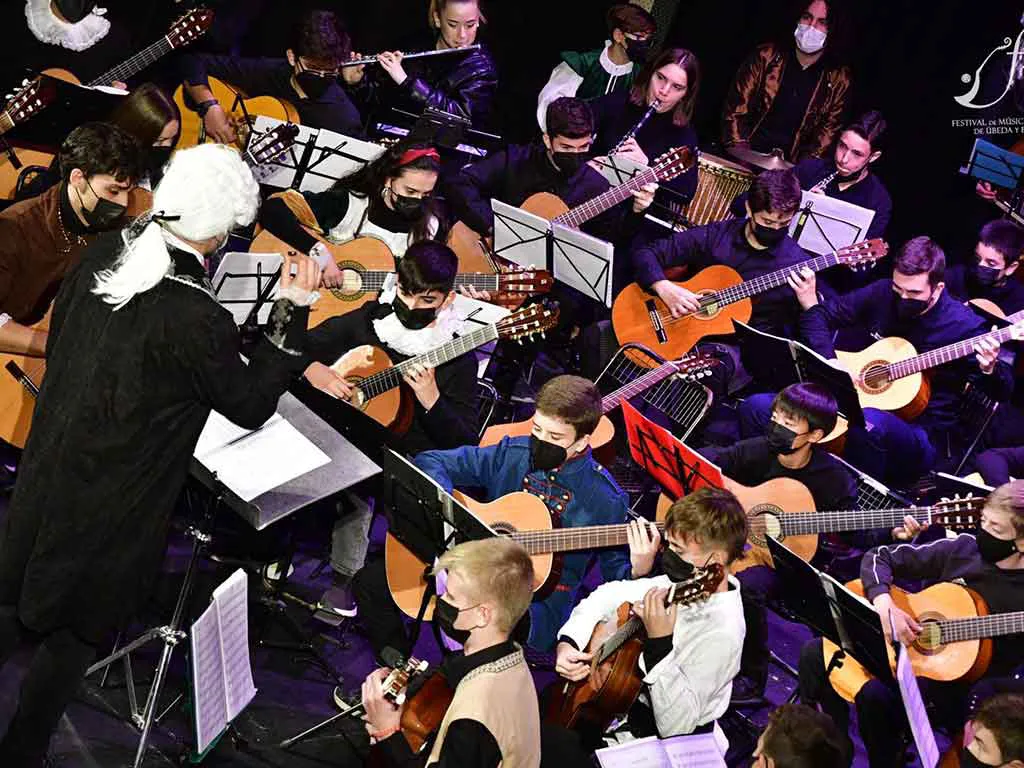
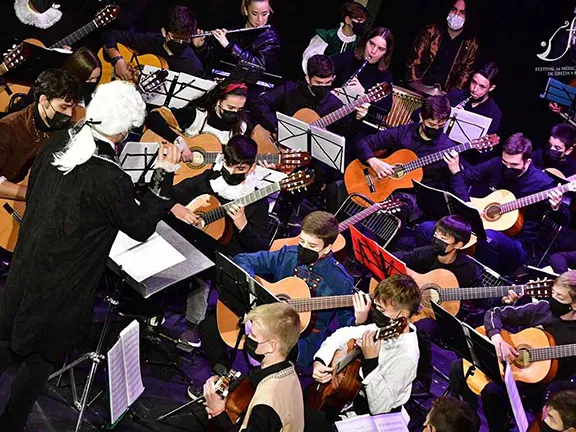
Although Úbeda and Baeza are joined through their Renaissance spirit and their historical and cultural importance in the centre of the province of Jaén, they remain unique places. Úbeda, “the city of the hills”, is distinguished by its private architecture and civil power, while Baeza is an exponent of public architecture and religious power. The enormous architectural and artistic heritage of Úbeda and Baeza (more than one hundred buildings, including palaces, stately homes, churches, and convents) was built during the sixteenth and seventeenth centuries. The Festival takes advantage of this broad range of spaces. In this way, the audience of the Festival can listen to music in a unique atmosphere, as the selected auditoriums as main venues for the concerts are clear paradigms of the Spanish Renaissance: the Hospital of Santiago in Úbeda and the Ruins of San Francisco in Baeza.
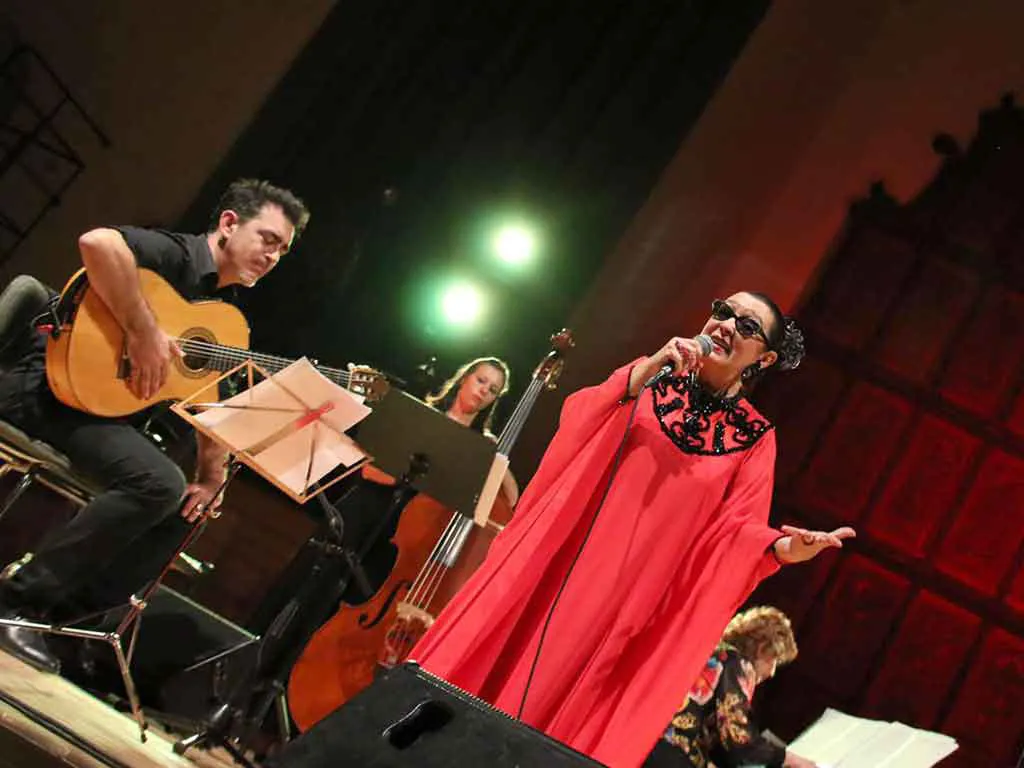
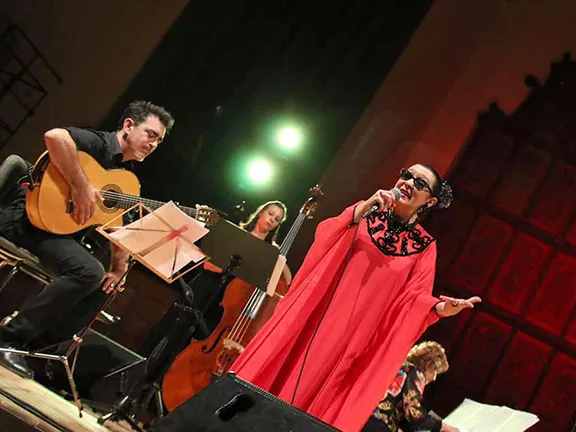
In line with their artistic richness, the musical life of Úbeda and Baeza was intense, due to the existence of a powerful and influential noble class who identified art as a symbol of power. This noble class founded music chapels in ecclesiastical institutions (Baeza Cathedral, Collegiate church of the Alcázar in Baeza, and Collegiate church of Santa María in Úbeda), private music chapels (Sacred chapel of El Salvador and Hospital of Santiago in Úbeda), and financed musical editions, commissioned musical works bringing together collections of musical instruments and music scores.
The “City of Úbeda” International Festival of Music and Dance is a prestigious musical event, and each weekend during the festival sees top quality concerts from orchestras and soloists alike.
For programme of International Festival of Music and Dance City of Úbeda 2023, Click Here